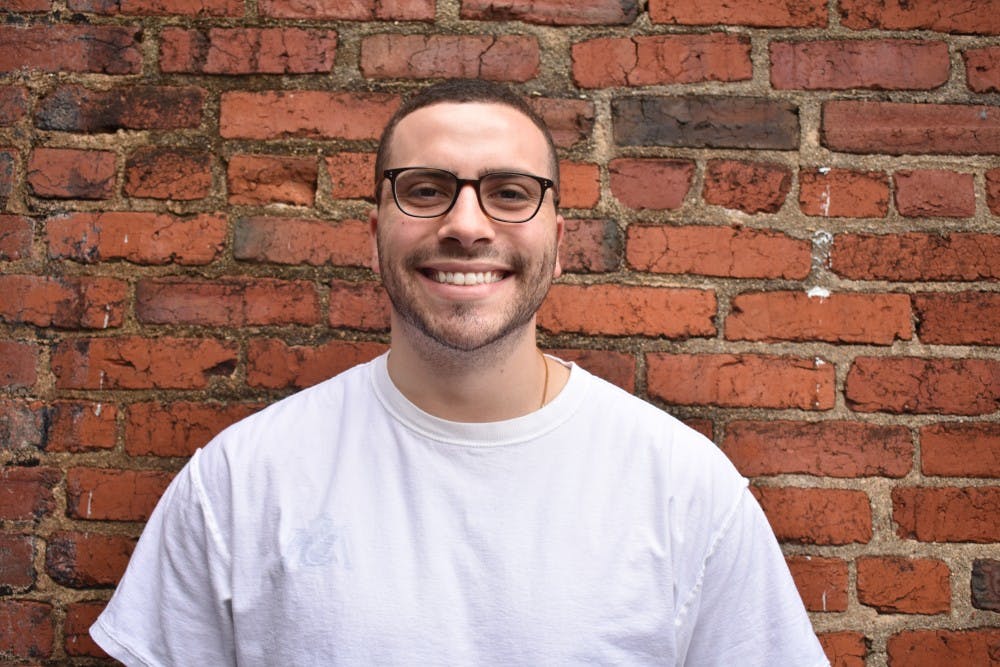For many of you new students at UNC-Chapel Hill, college will be a time for experimentation with drugs and alcohol. New freedom provides the opportunity to get drunk at a fraternity party or smoke weed at your buddy’s place off campus without fear of repercussions. Unfortunately, about 400 of you are drug addicts or alcoholics and you probably don’t know it. UNC knows it and they want to help you out.
Dean Blackburn is the director of Student Wellness and Associate Dean of Students. He deals with Tar Heels who seek help in stopping or controlling their alcohol or drug use.
“About 8 to 10 percent of the student population is at risk for ‘substance use disorder’ or dependency,” he told me. “Of those who would fit the criteria, less than half seek help for it. Perhaps because they don’t realize help is possible or that the University understands addiction and supports getting help and recovery without penalty.”
With 18,523 undergraduate students, we can assume that there are about 1,500-1,800 students who fit some criteria for a substance use disorder. Nearly half of them never seek appropriate treatment.
According to the National Institute of Health, a third of college students and young adults reported binge drinking — five or more drinks in a row — in the past two weeks. In 2016, about 5 percent of college students reported smoking weed daily. About 10 percent reported misusing Adderall in the past year.
This is because smoking weed and getting drunk is fun, and Adderall makes concentration easier. There’s absolutely just no way to deny it. For most people, this isn’t too much of a problem. Sure, you’ll feel some shame the morning after calling that guy or gal you met in Russian Lit at 2 a.m. without a response. But, you’ll probably get over it and power through the next four years of partying anyway. However, for some of you, it might not stop there. You might notice your GPA isn’t exactly what it used to be. You skip class to drink or get high. You might smoke weed to help forget about the stress of school or relationships. It might start to affect your reputation. Suddenly you realize you should probably give it a break for a while. At that point, it might become difficult to quit or stop for an extended period of time.
You should know that you aren’t alone. Before you stop reading — I know. I know you don’t have a problem. But just listen to me for one second. If you know someone who you think might have a problem, encourage them to come to Carolina Recovery Group just once. CRG is a club for students who want to stop drinking or using drugs. You won’t have to do anything except come hang out and maybe talk to someone who might have had a similar experience to the one you’re having now. CRG has fraternity bros, art majors, actors, student athletes and even editorial writers for the DTH. Get a sandwich, hang out for 20 minutes and see what it’s like.
CRG has some overlap with the Carolina Recovery Program, which is the non-student branch. They can help you withdraw from classes because of substance abuse problems, excuse certain tests, provide family counseling, etc. UNC’s Recovery Program is one of the best in the country. According to Blackburn, “Through strong staff and student leadership, and supported by parents, university administration and trustees, the UNC System, state leaders and a federal grant through NC’s DHHS, the Carolina Recovery Program has grown over the past five years to become a statewide and national influencer through its innovative best practices and research based outcomes.”
Schools like Drexel, University of Michigan, Villanova and Texas Tech all have similar programs.




